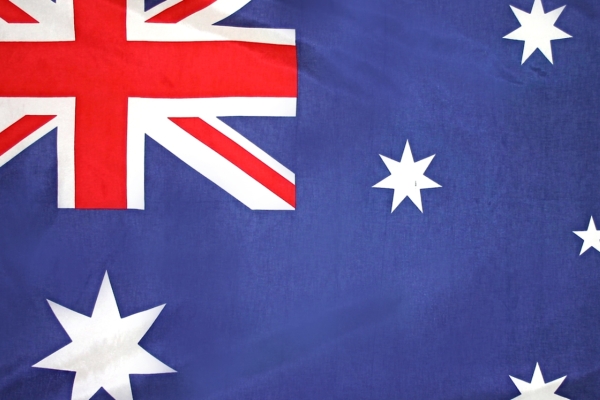Published on the 18/08/2015 | Written by Beverley Head

NEC Australia has won a deal to provide global IT support and services to the Department of Foreign Affairs and Trade (DFAT) in a deal worth $36.6 million over eight years…
Over the last 12 months NEC Australia has secured a series of high profile government contracts – including a $55 million gig with the Northern Territory government, a deal with the Department of Defence and a further engagement with South Australia Police. It has also secured a deal to maintain Victoria’s emergency services network for the coming seven years.
Building a strong government portfolio has been a key strategy for the company since it shelled out $227 million for CSG’s Technology Solutions Group in July 2012.
Following that deal, CSG signed a non-compete arrangement with NEC that gave it three years’ breathing space. That hiatus has now ended and, in its annual results announcement yesterday, CSG signalled that it is “now re-entering parts of the technology solutions market”.
CSG will be buoyed in that ambition by the planned $NZ7.7 million purchase of New Zealand based Code Blue. That company provides IT managed services to small and medium enterprises – but CSG announced plans to release a suite of services that would scale to meet the needs of even large enterprise customers.
In the three years since acquiring CSG Technology Solutions, NEC Australia has made headway competitively – taking the DFAT deal from Fujitsu, for example.
A four year contract with a four year option, NEC will support 12,000 users based at 160 global sites under the DFAT arrangement.
The company claims that its portfolio of managed service contracts means it now manages more than 4,800 servers, 75,000 desktops and over 500,000 end-points at 1,340 locations across Australia which provides it with a significant beachhead against competitors. While the public sector has been a major focus for the company, it has had a number of high profile private sector wins – most recently when it was appointed earlier this month to Optus’ business panel to provide technical professional services and telephony infrastructure.
Internationally, however, the giant company remains in the red and the bulk of its revenues still emanate from Japan. Its most recent quarterly results reveal global sales dropped 2 percent to Yen 586 billion, with a Yen 10 billion loss.
The company does not break out its revenues by country, only by region. Australia is bundled with Asia Pacific and China, which in combination represent just 9.7 percent of global sales at Yen 57 billion.



























